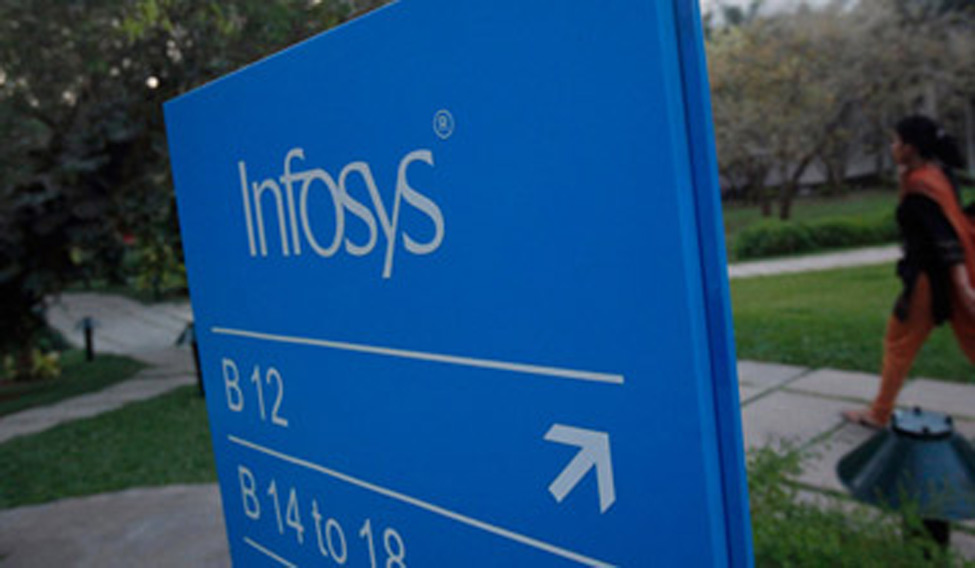Employees in the Indian IT services companies can expect a tough time with regard to their salary hike in the current financial year with experts pegging it at a very modest 3-6 percent increase. This is being attributed largely due to the poor growth and poor expansion of many of the IT services companies.
Besides this there has been a severe dip in campus hiring by the Indian IT industry. Experts such as B.S. Murthy, CEO of the Bengaluru-based executive search firm, LeadershipCapital Consulting Limited, feels that the only good thing to have happened for the Indian IT services firms has been the devaluation of the Indian rupee which continues its downward trend. Since a majority of the business for these firms comes from the U.S. Market, the devaluation of the Indian rupee will help these companies improve their bottom lines.
“There was a time when IT services companies such as Infosys and TCS had hired around 45,000 people in a year from campuses. That number has gone down to around 10,000 a year. It is easy to train thousands of people in back office work but it is very challenging to get and train people in the field of algorithms and other new digital processes. The way things are moving it would be a great thing if many of the IT professionals are able to clinch to their jobs in the year ahead. The hikes would be minimal and would be a basic adjustment to the inflationary trends. Three to six per cent of annual hike is what I foresee for the masses in the IT sector, though exceptions in the form of good performers would be there,” Murthy told THE WEEK.
He also feels that the speed of change in business strategy due to the growing demand in the digital space will show in the form of very average hikes for the employees. “Gone are the days when the IT companies used to grow at a 30-35 percent CAGR. Now the companies growth have slowed down considerably,” added Murthy.
Another expert Alok Shende of Mumbai-based Ascentius Consulting feels that there are multiplicity of restraining forces that are simultaneously at play. “The wage rates in the industry are still under the shadow of the 2017 IT industry slowdown. While there are glimmer of signals that allude to improvements in the base growth rate, the pressure on wages is likely to continue owing to the shift to digital. Non-digital billing rates and hence, the wage growth rates for employees engaged in these services are likely to remain under pressure in the foreseeable future. Finally, the shift to digital has not happened to the extent that it will elevate the aggregate wage growth rates,” said Shende.



